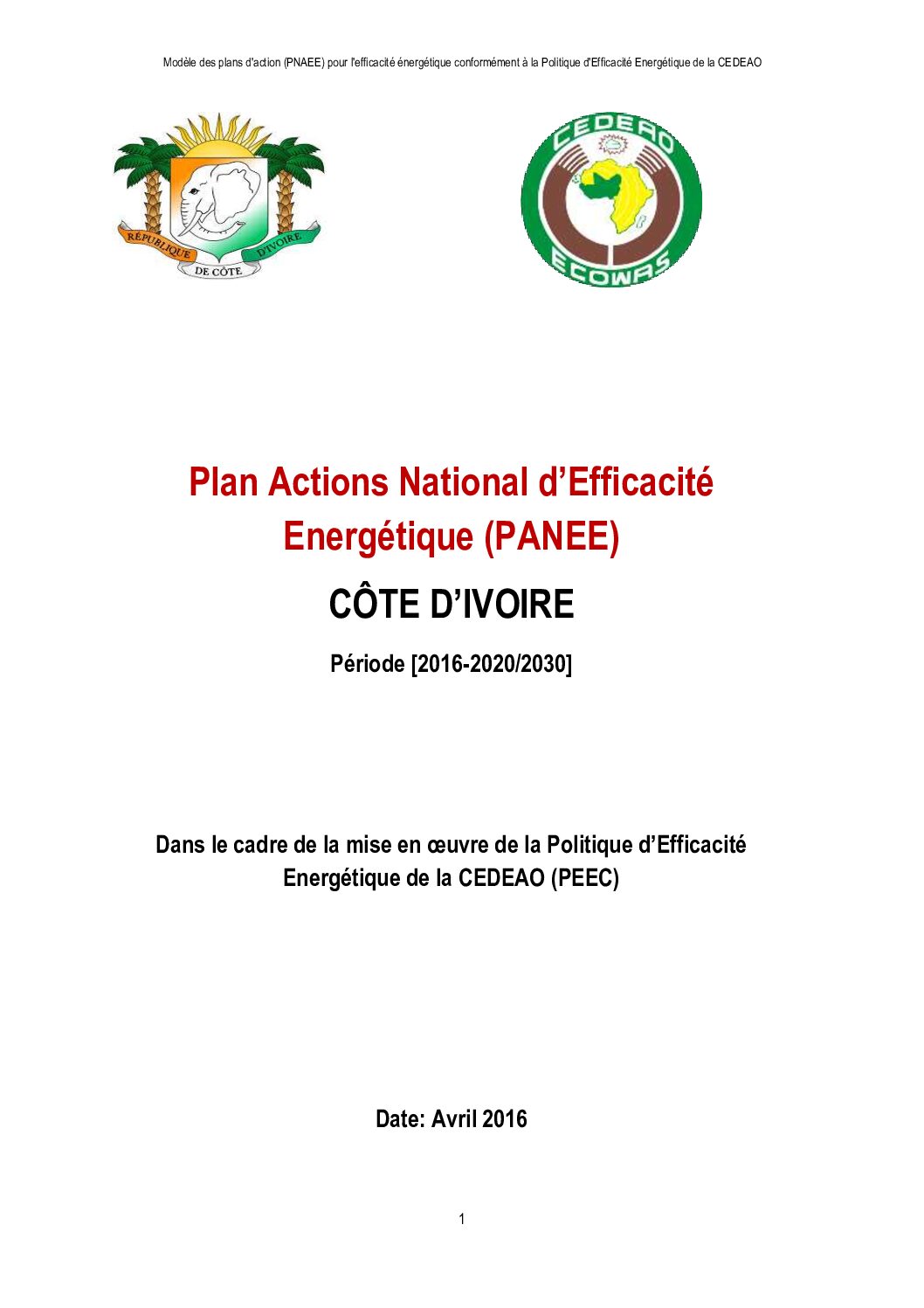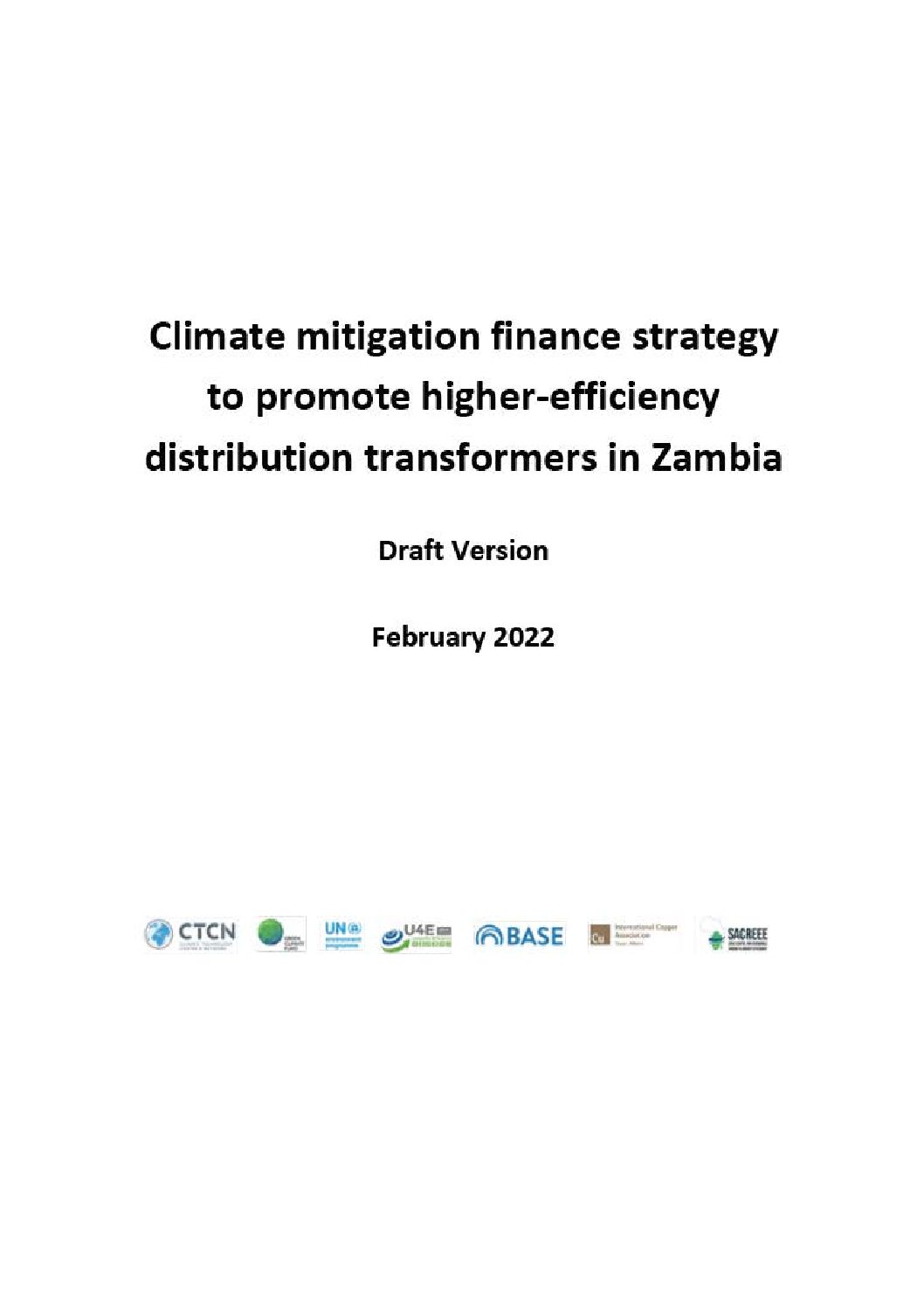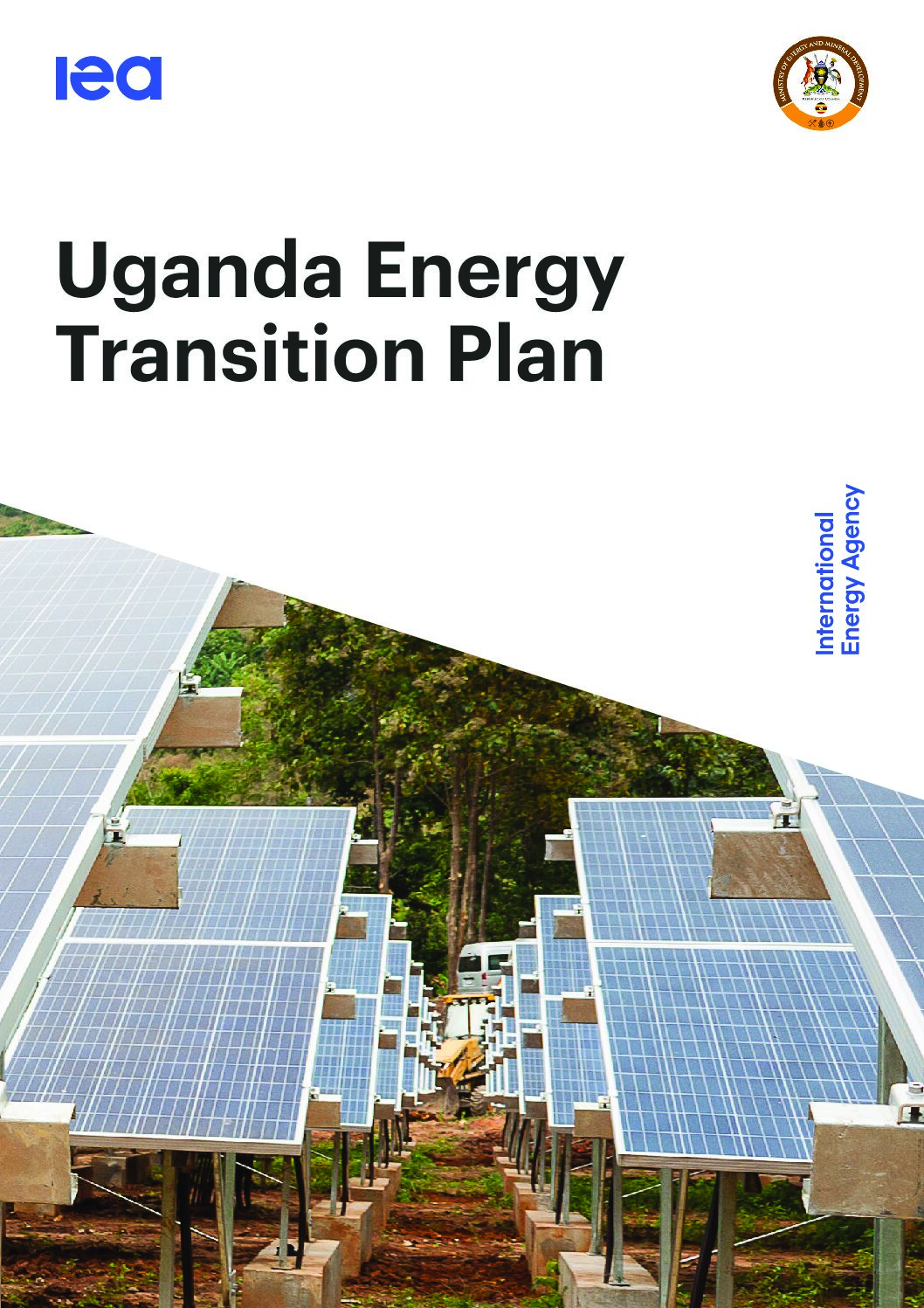The average lifespan of a building is 50 years, so the design of buildings that are constructed now will have an effect on energy consumption in our cities until well into the 2070s. This article presents the most effective options for cities to set mandatory minimum energy performance standards for buildings, to prevent locking in […]
This publication shares the learnings from eight EU-funded research projects on energy behaviour and modelling, and presents their implications for policy design.
The Industrial Deep Decarbonisation Initiative, established by the UN Industrial Development Organization (UNIDO) and the Clean Energy Ministerial, is a coalition of governments and companies. Among its goals, it seeks to motivate governments, which are major buyers of steel, cement and concrete for infrastructure projects, to apply sustainable procurement principles and prioritise the buying of […]
This action plan, developed with support from ECREEE, lays out the energy effiency strategy of Côte d’Ivoire for 2016-2020/2030. It includes extensive information on the context and relevant actors, as well as strategic priorities and measures to promote these.
This report investigates efforts to enhance investment in energy efficienct appliances in Zambia, and provides recommendations to enhance the effectiveness of these efforts
Climate mitigation finance strategy to promote higher-efficiency distribution transformers in Zambia
This report investigates efforts to enhance investment in efficient distribution transformers in Zambia, and provides recommendations to enhance the effectiveness of these efforts
Uganda’s Energy Transition Plan sets goals for different sectors and discusses enablers for implementation, including financing.
This memo describes the current market for ESCOs in Uganda, barriers to the growth of the sector, and strategies to address these barriers.
This brief provides advice on kickstarting markets for ESCOs in low- and middle-income countries.
This blog describes four opportunities for digitalisation to accelerate just energy transitions: smart energy management, decentralized energy systems, climate-resilient farming, and public transport.








